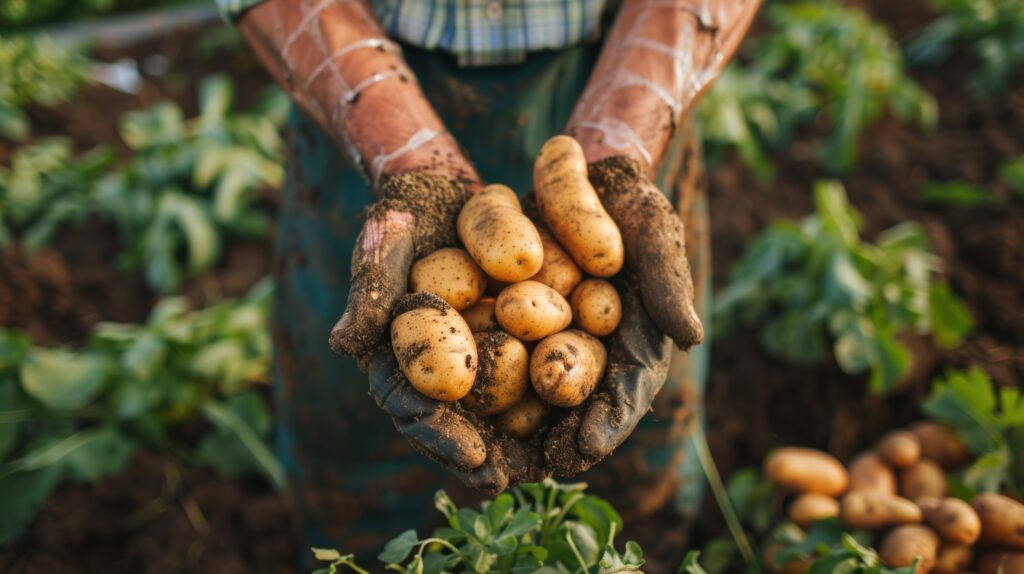India, with its rich agricultural heritage, stands at a pivotal point as it embraces the future of farming. The transformation is driven by technological advancements, sustainable practices, and supportive government policies, promising a brighter and more resilient agricultural sector.
Technological Advancements
One of the most significant factors shaping the future of farming in India is the integration of technology. Precision farming, powered by GPS and IoT devices, allows farmers to optimise resource use, reducing waste and increasing yields. Drones are revolutionising crop monitoring, enabling real-time data collection and timely interventions. Moreover, AI and machine learning are being utilised to predict weather patterns, pest infestations, and crop diseases, ensuring proactive measures and minimising losses.
Sustainable Practices
Sustainability is at the forefront of India’s agricultural evolution. The shift towards organic farming is gaining momentum, with farmers increasingly adopting natural fertilisers and pesticides. Water conservation techniques, such as drip irrigation and rainwater harvesting, are becoming widespread, addressing the critical issue of water scarcity. Additionally, crop diversification and rotation are being promoted to maintain soil health and reduce dependency on single-crop cultivation.
Government Initiatives
The Indian government plays a crucial role in shaping the future of farming. Policies such as the Pradhan Mantri Krishi Sinchai Yojana (PMKSY) aim to improve irrigation infrastructure and promote efficient water use. The introduction of the e-NAM (National Agriculture Market) platform is streamlining agricultural markets, ensuring better price discovery and reducing intermediaries.
Conclusion
The future of farming in India is poised for a revolution, characterised by technological integration, sustainable practices, and supportive policies. As farmers embrace these changes, the agricultural sector is set to become more resilient, productive, and environmentally friendly. This transformation not only promises food security for the nation but also enhances the livelihoods of millions of farmers, ensuring a prosperous future for India’s agrarian community.

